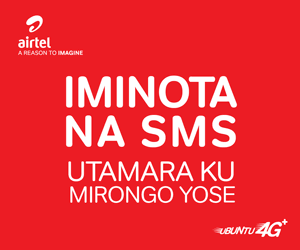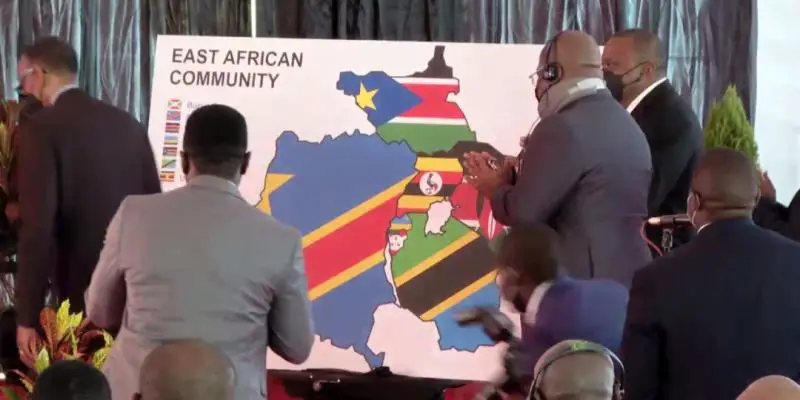UN Secretary-General António Guterres has cautioned various Greatlakes regional partners against undermining the stability of the DRC.
Guterres on Monday called for the constructive participation of regional partners in the peace process, an essential condition for lasting peace and stability in eastern DRC.
According to the UN diplomat, regional partners must “imperatively fully respect their obligation to refrain from any act that undermines the peace, stability or territorial integrity of the country”.
In this perspective, the Secretary General of the first planetary organization reiterated the full support of the United Nations to the ongoing mediation efforts led by the President of Angola, João Lourenço, and to the direction of the Nairobi process by the former President of Kenya, Uhuru Kenyatta.
“I welcome the ongoing efforts to make these initiatives mutually reinforcing,” said António Guterres.
In addition, the UN Secretary General, who was presenting his report to the Security Council, revealed that given the complexity of the situation in eastern DRC, close coordination between MONUSCO and the regional force of East Africa, once deployed, will be essential to enable the protection of civilians, the maintenance of humanitarian access and the continued monitoring of human rights during military operations against armed groups.
In October 2021, DR Congo’s army launched an offensive aimed at fulfilling a pledge by President Felix Tshisekedi to root out the armed groups that infest the east of the vast country.
Two years later much-trumpeted campaign seems to have made only meagre gains, while the death toll among civilians in the four provinces of Ituri, North and South Kivu and Tanganyika has exploded.
But observers are skeptical.
“Tshisekedi’s strategies for fighting the armed groups have shown their limitations,” a Western diplomat said, speaking on condition of anonymity.
“In reality, nothing has changed on the ground.”
At the egining of this year, the “March 23 Movement”-a rebel group launched lightening strikes against the national army and swiftly capturing Bunagana border town and pushing into vast parts of interior North Kivu province.
The Kinshasa government accuses Rwanda of backing the rebels. Rwanda in turn accuses the DRC of supporting FDLR rebels with members who took part in the1994 genocide against Tutsi. Both countries deny the allegations.
Rwanda and DRC have since agreed to a “de-escalation process” following mediated talks between their presidents. Angolan President Joao Lourenco was appointed by the African Union to mediate talks.








